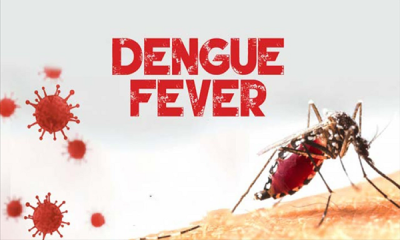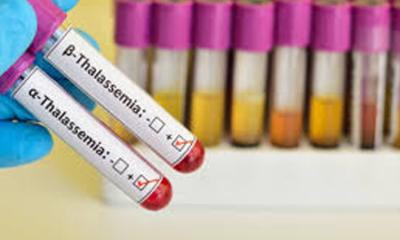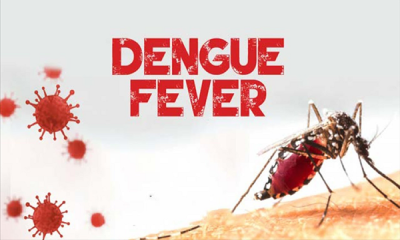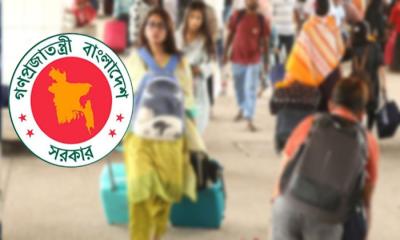Amid a surge in new Covid-19 sub-variant cases in neighboring India and several other countries, Bangladesh’s Directorate General of Health Services (DGHS) has issued some guidlines urging citizens to avoid non-essential travel to those regions.
The recommendations, issued by the Communicable Disease Control (CDC) wing of the DGHS, also calls for strengthened health screening and surveillance at all land, sea, and airports in the country.
In a directive signed on Monday by Professor Dr. Halimur Rashid, Director of the CDC wing, the health authorities stated that the spread of new Covid-19 sub-variants—particularly Omicron sub-lineages such as LF.7, XFG, JN.1, and NB 1.8.1—is on the rise in several neighboring countries.
The advisory emphasized the importance of strict monitoring at the International Health Regulations (IHR) desks across all points of entry to prevent potential transmission through international travelers.
Although the current situation is not deemed critical, Bangladesh recently recorded a COVID-19-related death on Thursday, and health experts have reported an increase in local infections.
Researchers from icddr,b have identified a new sub-variant called XFG, along with the XFC sub-variant, both of which are sub-lineages of the highly transmissible Omicron JN.1 variant.
Key Health Guidelines:
Wash hands thoroughly with soap at least seven times a day for a minimum of 23 seconds each time.
Always wear a mask to cover the nose and mouth, especially in crowded or enclosed spaces.
Maintain at least three feet of distance from anyone showing symptoms of illness.
Avoid touching the eyes, nose, and mouth with unwashed hands.
Cover nose and mouth with a tissue, cloth, or the elbow when coughing or sneezing.
Entry Point Protocols:
Strengthen health screening and surveillance at all IHR (2005) health desks across land, sea, and air entry points.
Use thermal scanners and digital handheld thermometers to detect fevers without direct contact.
Ensure adequate stock of masks, gloves, and personal protective equipment (PPE) for healthcare workers.
Increase public awareness by widely promoting disease prevention guidelines.
Refrain from traveling to India or other affected countries unless absolutely necessary.
Instructions for Suspected Cases:
Stay at home if feeling unwell and seek medical attention immediately if symptoms worsen.
Encourage sick individuals to wear masks to prevent further spread.
Contact the IEDCR hotline at 01401-196293 for guidance if needed.
The DGHS has emphasized the importance of remaining vigilant and taking all necessary precautions to curb the spread of the virus, particularly in light of increasing international cases of these new COVID-19 sub-variants.




-20260106082251.webp)

-20251231101531.webp)




-20260305071113.webp)




-20260304091720.webp)






-20260303080739.webp)














-20260228064648.jpg)
